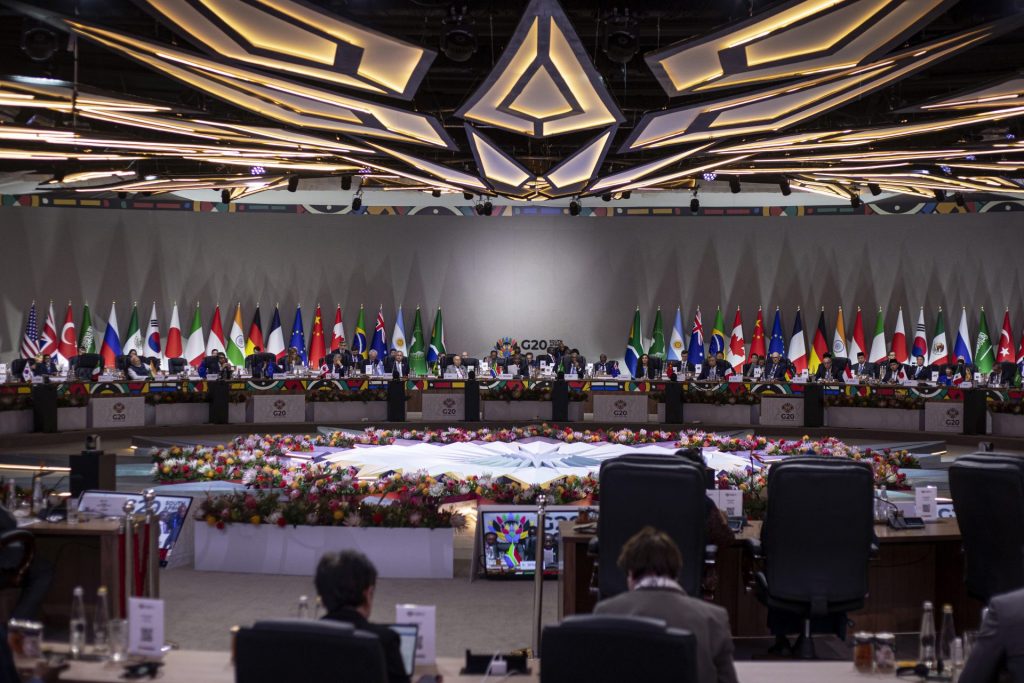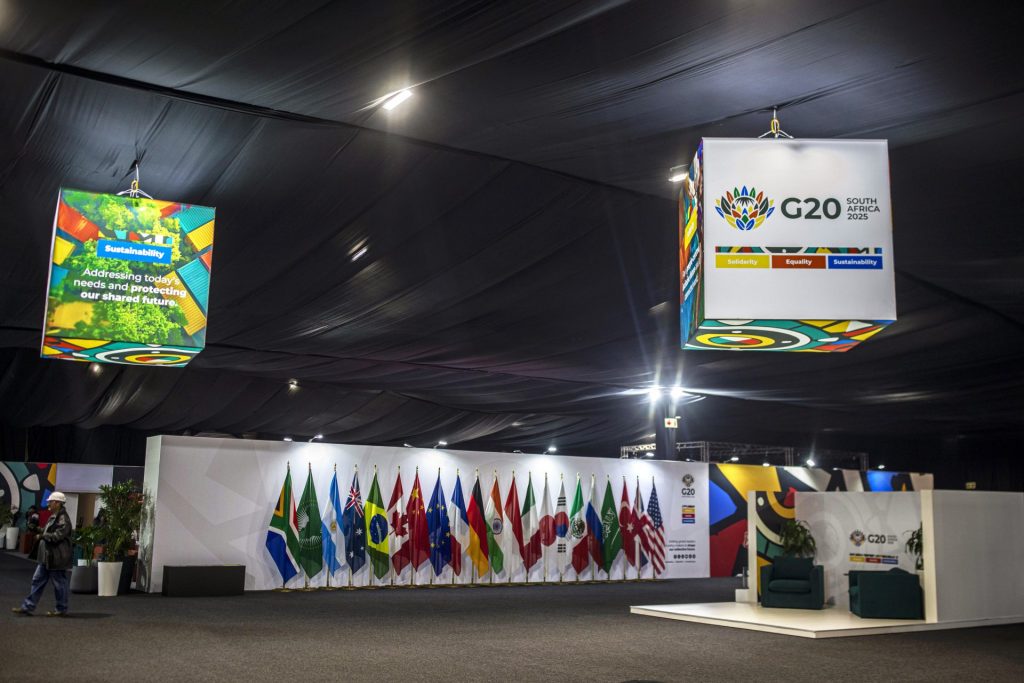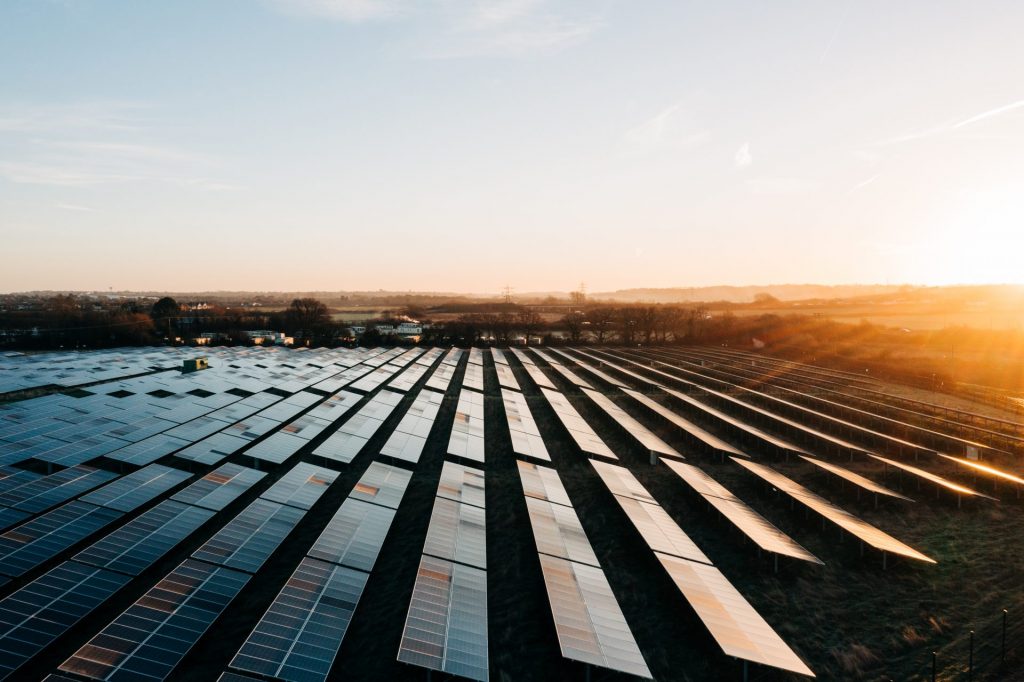South Africa’s G20 Presidency: Diplomatic Victory But a Weak Final Declaration

South Africa managed a complex and challenging year with competence, but global divisions left little room for meaningful agreement on the G20 declaration.
Africa’s Voice at the G20: Will Johannesburg Deliver?

As the first African-hosted G20 summit, Johannesburg offers a pivotal platform to amplify African priorities.
The Role of Climate Financing for Green Growth and Development

South Africa and Brazil must establish themselves as leading nations within the Global South in terms of national climate financing strategies that are consistent with the priorities and needs of the Global South.
Managing a Just Transition: Reskilling of Affected Communities in Fossil Fuel Intensive Sectors

In South Africa and Brazil, guaranteeing a just transition will necessitate the expansion of targeted skills development programmes, enhanced coordination within the labour market, and increased investment in community-led transition planning.
Strengthening the Multilateral Trade System for Green Growth and Development: South Africa and Brazil within the WTO

Climate-aligned trade should not serve as a novel form of green protectionism but rather as a mechanism for collective decarbonisation and inclusive global development.
Technology for Green Growth and Industrialisation

The path towards an equitable energy transition will not be solely constructed through wind turbines or solar panels; it must also encompass domestic industrial strategies that democratise benefits, bolster public institutions, and acknowledge the political economy realities of reform.
Foregrounding the African Agenda

As we look toward the Leaders’ Summit, the success of the G20 hinges on its ability to transcend traditional boundaries and incorporate different perspectives.
Africa Has a Debt Crisis: Momentum From G20 in South Africa Can Help Find Solutions

South Africa must help the international community understand the debt and development finance challenges facing African countries and the consequences of not addressing them.
African Debt, Climate Change and the ICJ

The scope and complexity of the climate issue, have prompted concerned nations to seek a comprehensive understanding of their international legal obligations.
The Just Transition Agenda Under South Africa’s G20 Presidency

This report emphasises that the efforts of the G20 working groups discussed herein need to be integrated into a redefined, action-oriented framework that connects climate change, the energy transition, and reforms of the global financial system.
